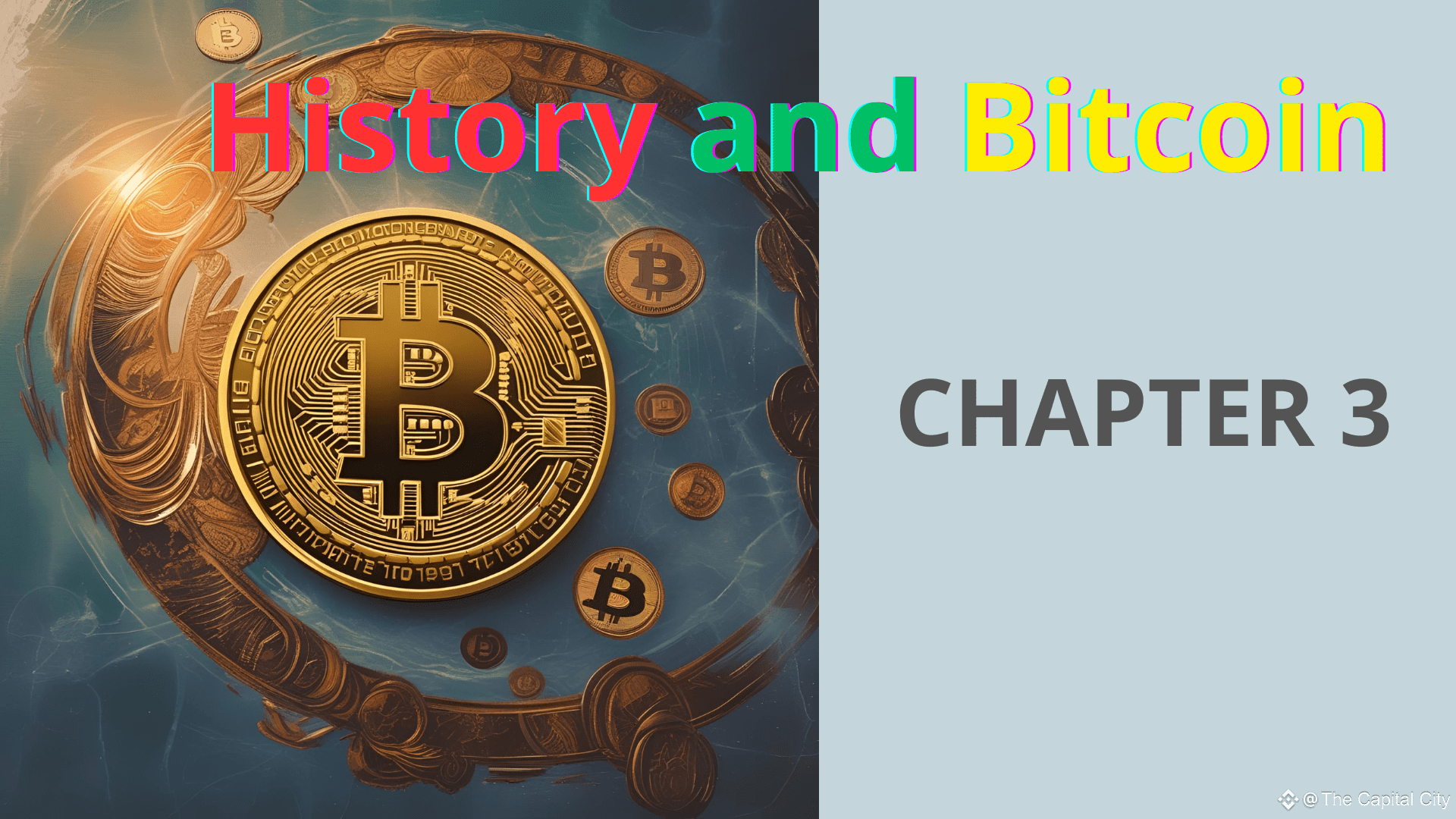
In Bitcoin’s early days, buying coins felt like solving a riddle. You needed technical skill to mine them or complex bank transfers to acquire them. Then came Mt. Gox – a Tokyo-based exchange that became the gateway for ordinary people to enter the crypto world.
From Cards to Crypto
Ironically, Mt. Gox started in 2010 as "Magic: The Gathering Online Exchange" – a marketplace for trading fantasy game cards. When programmer Mark Karpelès bought it in 2011, he pivoted to Bitcoin. Within months, it handled 80% of global Bitcoin trades.
Why it boomed:
Simplified buying/selling (like a stock exchange for Bitcoin).
Enabled price discovery (traders set the value).
Attracted speculators as Bitcoin’s price rose from pennies to $31 by June 2011.
The Cracks Begin
Mt. Gox was plagued by problems from the start:
Security Hacks: In 2011, hackers stole 25,000 BTC ($500k then, ~$1.5B today).
Withdrawal Delays: Users waited weeks for funds.
Technical Chaos: During the 2013 price surge ($266→$50 in hours), its systems crashed repeatedly.
The Cyprus Connection
In March 2013, Mt. Gox unintentionally became a lifeline. When Cyprus’ banks seized depositors’ funds during a financial crisis, citizens turned to Bitcoin. Mt. Gox volume tripled overnight – exposing its fragile infrastructure.
The Collapse
By early 2014:
🚨 Users couldn’t withdraw funds.
🚨 U.S. authorities seized $5M from Mt. Gox’s accounts for operating illegally.
🚨 Karpelès announced 850,000 BTC missing (~$450M at the time).
Why It Matters
Mt Gox’s failure taught brutal lessons:
Not your keys, not your coins: Storing crypto on exchanges risks loss.
Regulation matters: Unlicensed platforms invite disaster.
Bitcoin ≠ the exchanges: The network survived while Mt. Gox burned.
Legacy
Though bankrupt by 2014, Mt. Gox:
Proved demand for easy crypto access.
Inspired better-regulated exchanges.
Victims still await compensation (partial repayments began in 2023).
Key Takeaway:
Mt Gox was Bitcoin’s "first boom and bust." Its collapse forced the industry to mature – reminding us that in decentralized systems, you are your own bank.